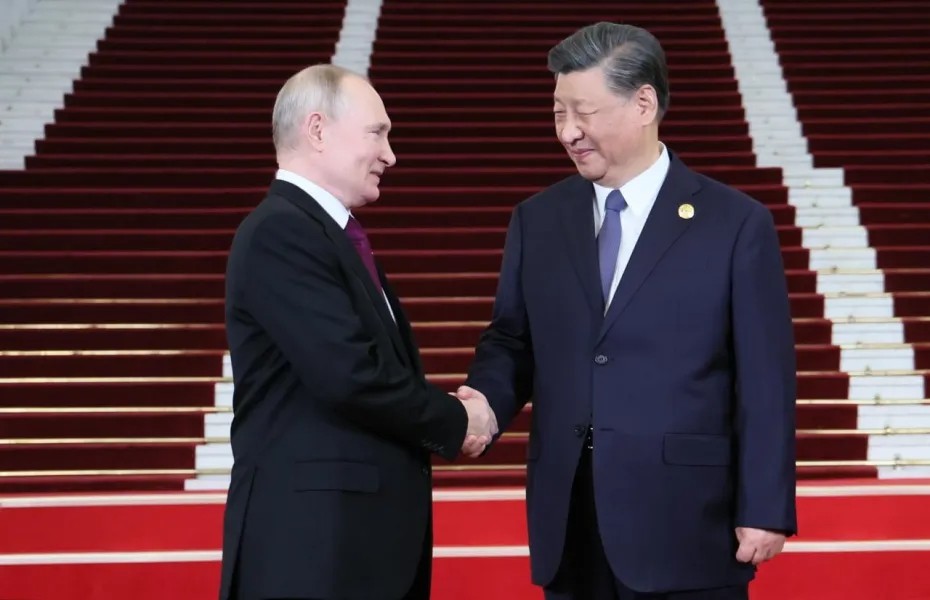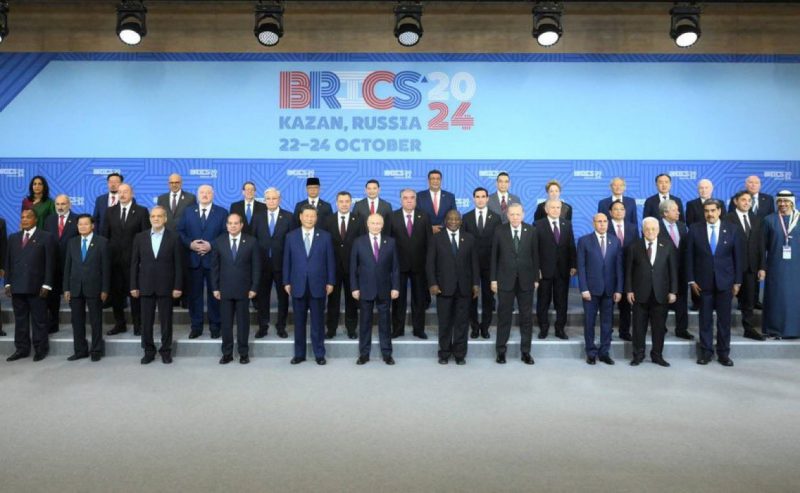The highly anticipated BRICS Summit 2024, which took place earlier this month, has seemingly set a 36-nation commitment to challenging the US dollar’s global dominance. Indeed, the bloc saw the gathering reinforce its collective vision to challenge the international status quo.
Although the gathering failed to see the arrival of a BRICS Pay platform or alliance currency, it did prove to be immensely important. Specifically, it showcased the support that Russia, China, and conjoined BRICS countries have regarding their continued de-dollarization efforts. That could have massive ramifications for the coming years.


Also Read: BRICS: Is CBDC’s Next Phase of De-Dollarization Attempt?
BRICS Summit 2024 Reinforced Alliance Nations Are Not Alone in Challenging Western Hegemony
The past several years have seen the BRICS alliance grow significantly. Not only has it expanded twice in the last two years, but it has also seen its prominence increase, along with its role in global finance. That could be the most underrated aspect of its mission, and who could support its growth?
The BRICS Summit 2024, although short on monumental announcements, established a clear 36-nation commitment to challenging the US dollar. In a recent report from the Atlantic Council, the development showed the reach of Russia and President Vladimir Putin. Specifically, the Western isolation of the country did not affect its status, only fortifying its alliances.
“The Russian President showed that he has not been isolated in the international arena by the West following his invasion of Ukraine,” the report read. “Instead, he has deepened relationships with Global South countries,” it added. Altogether, it reinforces a more communal acceptance of the country’s anti-Western approach.


Also Read: BRICS Welcomes NATO Countries to Join the Alliance
Moreover, the biggest hindrance to the bloc has long been its lack of unity. However, that changed drastically at the summit. Specifically, China and India resolved a four-year border dispute between both countries. The agreement was monumental as it closed a widening gap between both nations. Once again, affirming the willingness to reach common ground regarding the collective.
It has added four nations to its ranks while adding 13 countries to be BRICS partner nations. Moreover, the summit saw nearly all 36 countries represented by heads of state. Ensuring that their mission arrives with a plethora of support.
How this will affect global finance remains to be seen. Moreover, its impact on the geopolitical realm will be vital to observe. The wider its reach, the more the United States’ dominance begins to be put into question. How long it can sustain the growing support remains to be seen.





